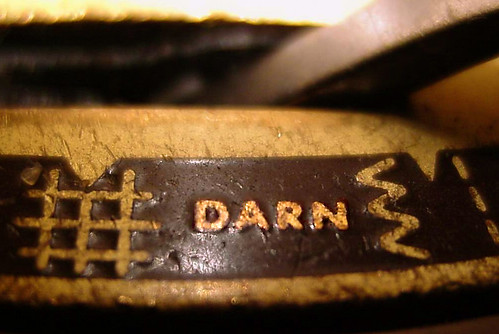Believe it or not, there are words that we use everyday that have no grammatical significance whatsoever. Syntactically, they do not exist. These marvels of communication are called interjections.
Interjections Defined
Interjections are words or short phrases used to show emotion and have no grammatical connection to the rest of the sentence.Don't let the formal definition throw you off; we use these words all the time in casual conversation. In fact, most people can't go a single day without uttering an interjection! The following are a few examples:
- Darn
- Eh
- Hey
- Oh
- Oops
- Ta da
- Well
- Wow
- Yay
Punctuating Interjections
What you might not have known (or perhaps have forgotten) is that interjections should always be set off by commas. They are, after all, non-essential to the sentence.*Let's look at how the aforementioned interjections would be punctuated as part of a complete sentence:
Darn! I left the milk out on the counter again!
I'd like some rice and, oh, some broccoli too.
That Sharon is somethin' else, eh?
Notice in the preceding examples that interjections can occur anywhere in a sentence, not only in the beginning. Also note that they can be followed by a variety of punctuation marks. When being used as an exclamation of excitement (!) or as an interrogative word (?), it's not difficult to figure out which punctuation mark to follow the interjection with. The tricky part is remembering to set them off with commas when they occur inside a sentence.
The key to remembering to put those commas before and after interjections is to think about how interjections are actually spoken. Almost every time you use an interjection, you pause for a fraction of a moment before and after uttering it.
If I've helped even just one person understand what interjections are and how to punctuate them, this post will have been well worth it.
*Stay tuned for a post explaining non-essential sentence clauses!



















